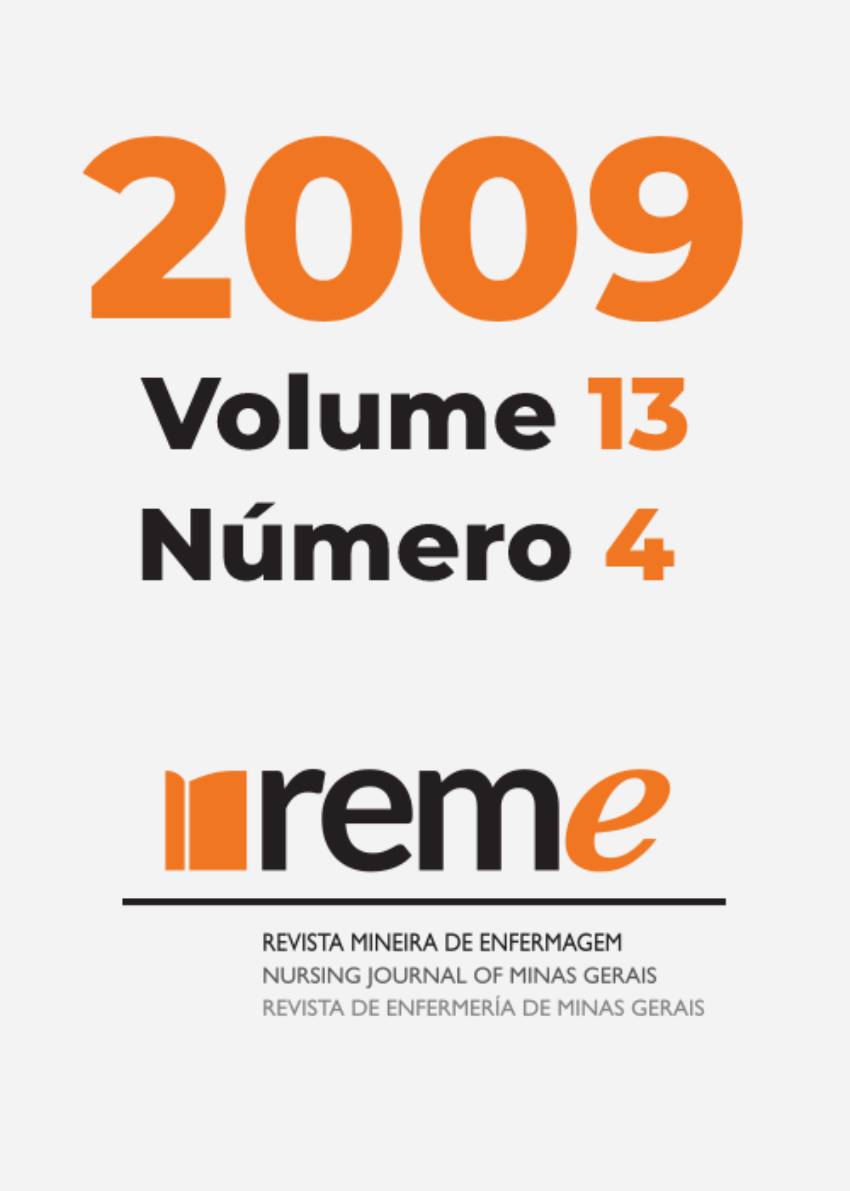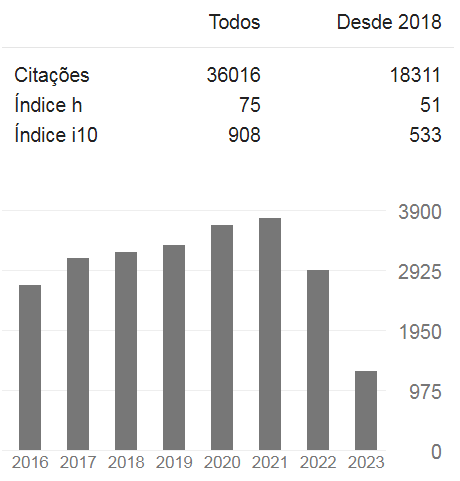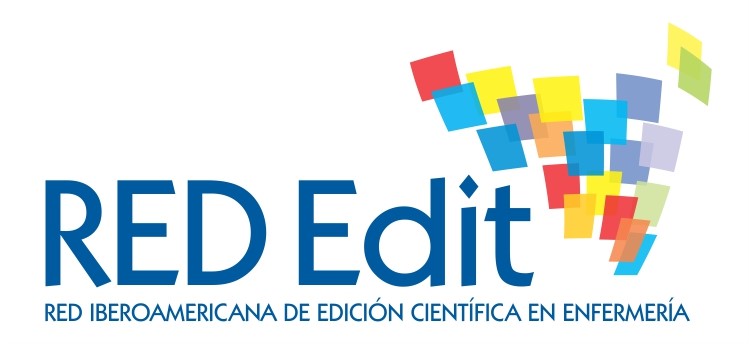Nutritional deficit among geriatric patients admitted in an emergency hospital of Belo Horizonte, Minas Gerais
Keywords:
Malnutrition, Nutritional Status, Aged, TriageAbstract
INTRODUCTION: Malnutrition affects 40 to 45% of the patients at the time of hospitalization and this situation worsens as the stay lengthens. This favors the occurrence of disease complications and increases morbid-mortality. OBJECTIVE: To investigate nutritional deficits among elderly people admitted in an emergency hospital. METHODS: This cross-sectional study was performed among hospitalized elderly patients in Belo Horizonte, Minas Gerais, between October and November, 2008. The Mini-Nutritional Assessment was used and measures of arm and calf circumference and knee height were obtained. Clinical data were obtained from the patients' medical files. Descriptive analysis, Student's t-test, chi-square and Fisher exact tests were performed. RESULTS: 169 elderly people (62.7% women) with a mean age of 72.7 ± 8.8 years were evaluated. Forty-two (24.9%) subjects presented nutritional risk and 25 (14.8%) presented malnutrition. This condition was significantly more prevalent among female patients (20.7% vs. 4.7% for male; p = 0.023). It was found that, over the last few months, 36.7% of the patients had lost weight, 32% had reduced their food intake and 42% presented difficulty in walking. These conditions were significantly associated with nutritional deficits (p < 0.05). furthermore, debilitated nutritional status was associated with female sex, greater age, presence of depression and cardiovascular diseases. CONCLUSION: Nutritional deficits among elderly patients were highly prevalent and were associated mainly with clinical, physical and food consumption factors. These findings will enable early nutritional intervention strategies towards risk populations in order to minimize the worsening of nutritional status and consequent complications of clinical conditions.Downloads
Download data is not yet available.
Published
2009-12-01
How to Cite
1.
Monteiro AMP, Dias FV, Ferreira AVM, Santos LC dos, Oliveira DR de. Nutritional deficit among geriatric patients admitted in an emergency hospital of Belo Horizonte, Minas Gerais. REME Rev Min Enferm. [Internet]. 2009 Dec. 1 [cited 2024 Jul. 17];13(4). Available from: https://periodicos.ufmg.br/index.php/reme/article/view/50506
Issue
Section
Research






































